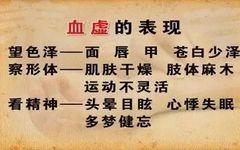
What Are the Differences Between Blood Deficiency and Yin Deficiency?
What is the distinction between Blood Deficiency (Xue Xu) and Yin Deficiency (Yin Xu)?
Generally, people believe that blood belongs to Yin, so if there is Blood Deficiency, it is equivalent to Yin Deficiency.
From a macro perspective, both blood and body fluids (Jin Ye) belong to Yin, but Yin is a broad concept that encompasses not only blood and body fluids but also many other Yin substances in the body, such as semen, saliva, digestive fluids, etc.
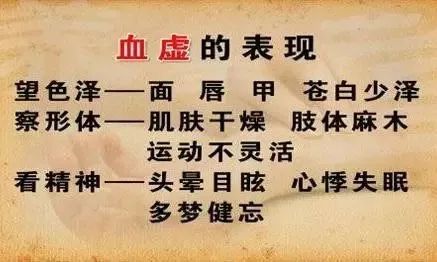
To clearly distinguish between Blood Deficiency and Yin Deficiency, one must understand the functions of Yin and Blood.
The function of Blood is to nourish (Ru Yang), meaning it has a nutritional role and also provides moisture. Yin, in the theory of Yin and Yang, has a calming and restraining effect on Yang, which is why we often say “Yin Deficiency leads to Heat”.
Only by clarifying these issues can we understand the differences between Blood Deficiency and Yin Deficiency. Yin Deficiency is characterized by symptoms of false heat, such as five-center heat (Wu Xin Fan Re), tidal fever, night sweats, and a sensation of heat, which are typical symptoms of Yin Deficiency.
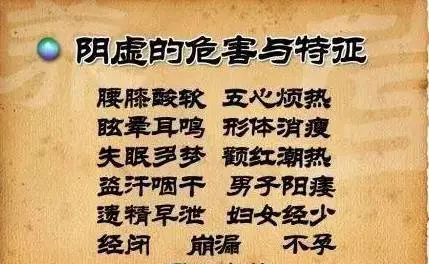
In other words, to diagnose Yin Deficiency, there must be symptoms of false heat; if there are no symptoms of false heat, then it cannot be diagnosed as Yin Deficiency. Why? Because Yin Deficiency leads to Heat.
Therefore, what is the core point in distinguishing between Yin Deficiency and Blood Deficiency? Yin Deficiency must have manifestations of false heat, such as five-center heat, tidal fever, night sweats, and a sensation of heat, while Blood Deficiency does not have these symptoms.
The function of Blood is to nourish and moisten. Since it has a nutritional role, the manifestation of Blood Deficiency is a pale complexion, which is a general manifestation. Specifically, Blood Deficiency can also present characteristics related to specific organs, such as Heart Blood Deficiency (Xin Xue Xu) and Liver Blood Deficiency (Gan Xue Xu). But how do you know if it is Heart Blood Deficiency? How do you know if it is Liver Blood Deficiency?
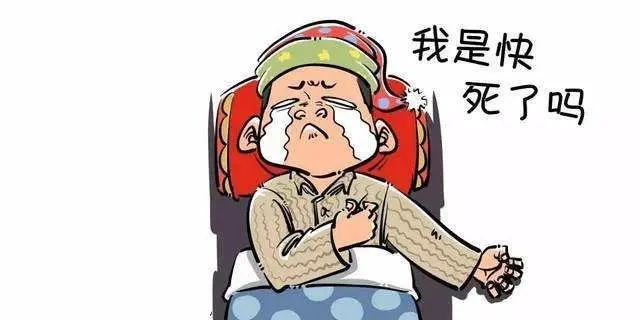
Heart Blood Deficiency means that there is insufficient blood in the heart, leading to dysfunction of the heart, which affects its ability to govern blood vessels and house the spirit (Shen). This results in irregular pulse, and normally, the heart beats steadily and powerfully; now it is not steady, not powerful, and may even cause palpitations, insomnia, and vivid dreams, which are manifestations of Heart Blood Deficiency.
What are the manifestations of Liver Blood Deficiency? The liver stores blood and primarily nourishes the tendons and meridians. Therefore, when there is Liver Blood Deficiency, there will be manifestations of insufficient nourishment to the tendons, such as cramps, tremors, peristalsis, and decreased endurance.
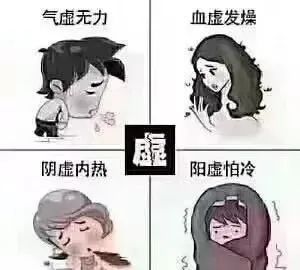
So, how do we differentiate the symptoms of Blood Deficiency and Yin Deficiency? Blood Deficiency emphasizes its nutritional function, while Yin Deficiency must have manifestations of false heat, which need to be treated differently.
Only by clarifying whether it is Blood Deficiency or Yin Deficiency can we proceed with treatments to tonify Blood and nourish Yin, thus effectively addressing the issues of Blood Deficiency and Yin Deficiency.
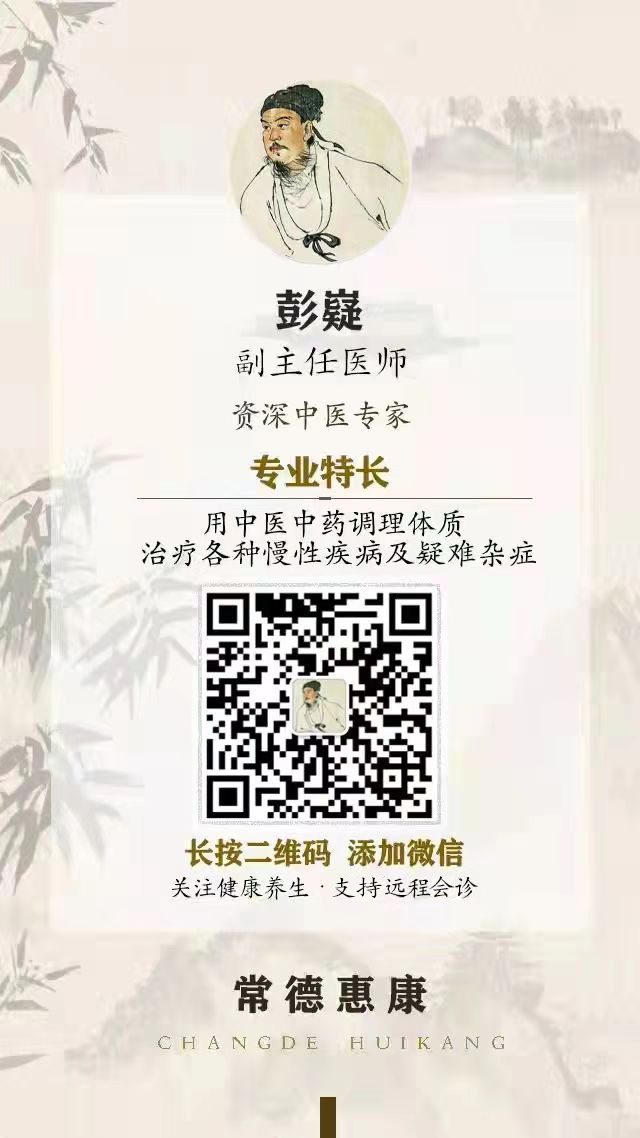
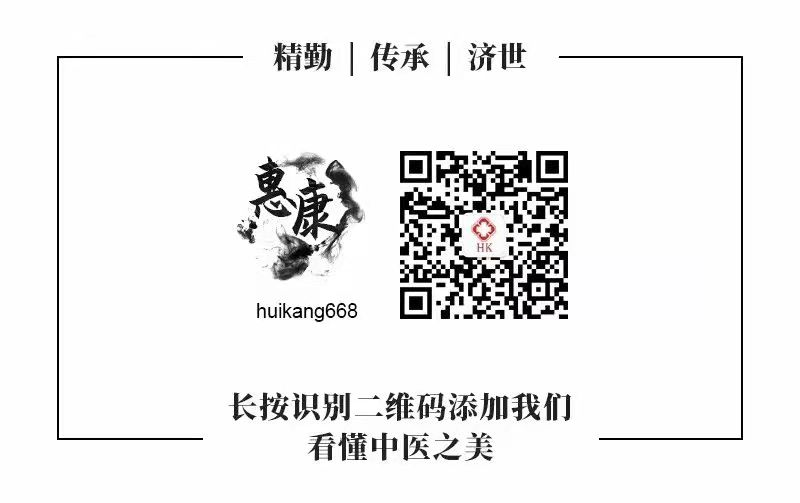
Previous Highlights
1. The Three Common Causes of Insomnia
2. TCM Treatment for Chronic Pharyngitis
3. Differences Between Spleen Tonification and Spleen Strengthening
4. The Relationship Between Lower Jiao Damp-Heat and Liver Qi Stagnation with Spleen Deficiency
5. TCM Treatment for Atrophic Gastritis
6. The Harmful Effects of Constant Melancholy on the Body

